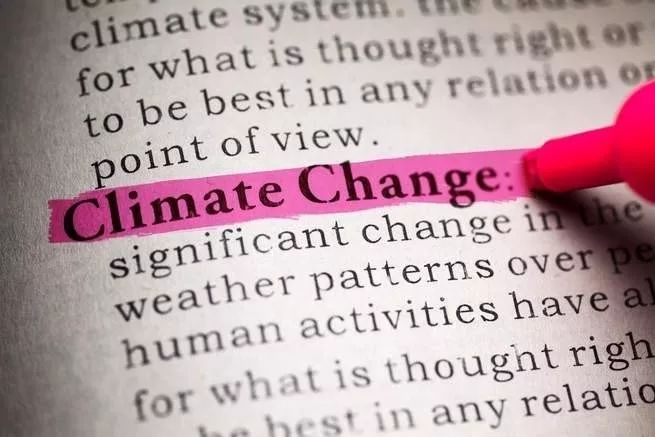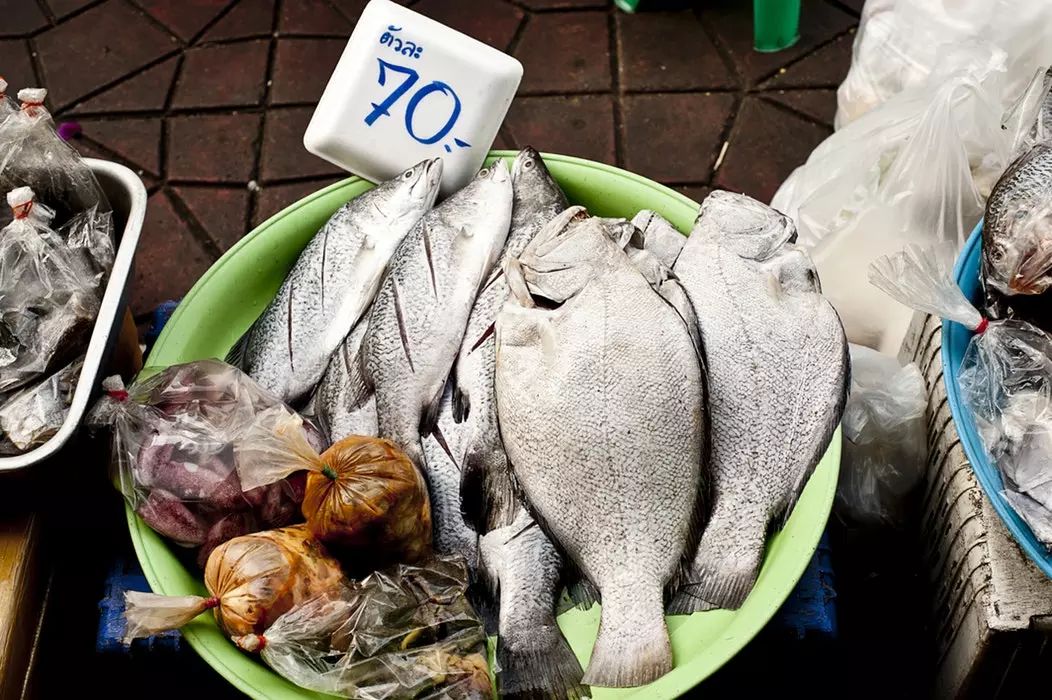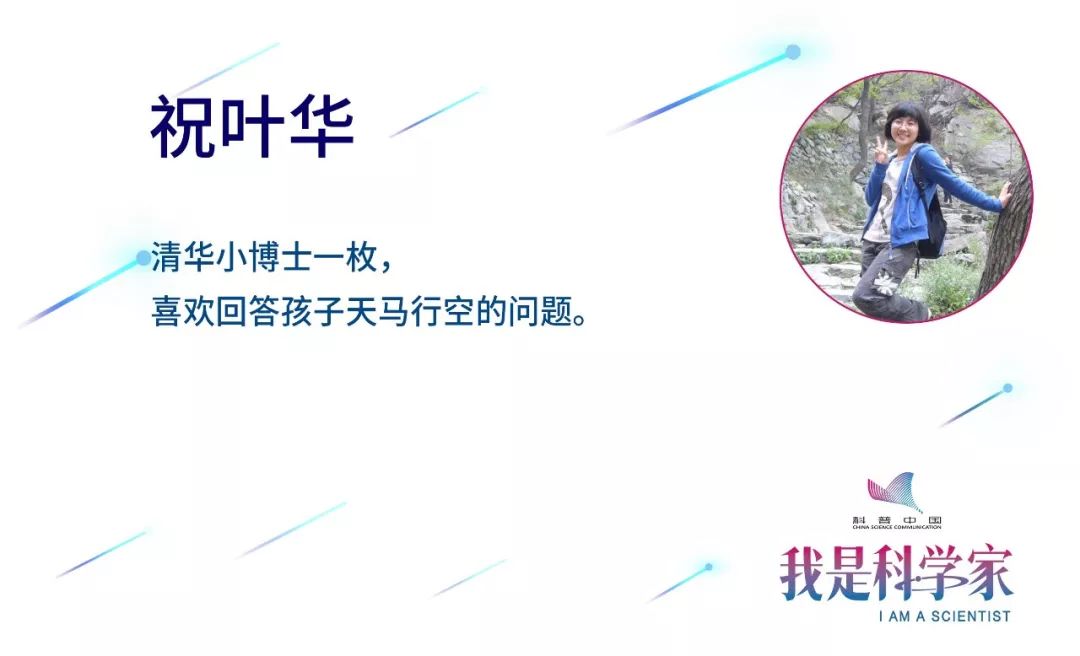除了应对食物网络的中断,海洋动物还面临着其他各种各样的生理挑战,因为它们的身体正在适应低氧水平。例如在急性和慢性缺氧对中国对虾能量代谢影响的研究中发现,中国对虾在低氧环境下,为了节省能量,甩尾的力度较弱,因此变得不那么灵活[7]。当遇到捕食者时,它们被猎杀的可能性就大大提升了。此外,随着氧气水平的下降,一些雄性鱼类产生的精子越来越少[8]。

全球变暖带来严重的生态问题。图片来源:Deposit Photos
目前,全球约有32亿人依赖海鲜作为蛋白质来源,吃鱼的人越来越多,可供食用的鱼却可能越来越少。所以,控制海水升温已经刻不容缓,否则,那些美味可口的鱼类真的有可能从我们的菜单中渐渐消失。

保护海洋鱼类,“降温”刻不容缓。题图片来源:Unsplash

作者名片

排版:凝音
题图来源:Unsplash
参考文献:
[1] Sydney Levitus, John I. Antonov, Timothy P. Boyer, et al. Warming of the World Ocean[J]. Science, 2000, 287(5461): 2225-2229.
[2] Lijing Cheng, John Abraham, Zeke Hausfather, et al. How fast are the oceans warming?[J] . Science, 2019, 363 (6423), 128-129.
[3] Lothar Stramma, Gregory C. Johnson, Janet Sprintall, et al. Expanding Oxygen-Minimum Zones in the Tropical Oceans[J]. Science, 2008, 320(5876):655-658.
[4] Christopher M. Free, James T. Thorson, Malin L. Pinsky, et al. Impacts of historical warming on marine fisheries production[J]. Science, 2019, 363(6430):979-983.
[5] Lothar Stramma, Eric D. Prince, Sunke Schmidtko, et al. Expansion of oxygen minimum zones may reduce vailable habitat for tropical pelagic fishes[J]. Nature Climate Change, 2011, DOI:10.1038/NCLIMATE1304.
[6] K. F. Wishner, B. A. Seibel, C. Roman, et al. Ocean deoxygenation and zooplankton:Very small oxygen differences matter[J]. Science Advances, 2018, 4(12):e5180.
[7] Jiangtao Li, Xiuwen Xu, Wentao Li, et al. Effects of acute and chronic hypoxia on the locomotion and enzyme of energy metabolism in Chinese shrimp Fenneropenaeus chinensis[J]. Marine and Freshwater Behaviour and Physiology, 2018, 51(5):275-291.
[8] Simon Yuan Wang, Karen Lau, Keng-Po Lai, et al. Hypoxia causes transgenerational impairments in reproduction of fish[J]. Nature Communications, 2016, 7:12114.
